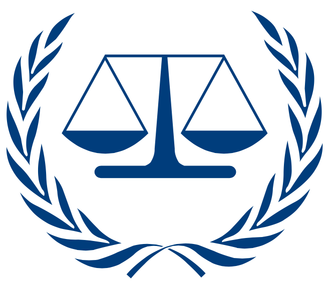International criminal law is a part of international law, which deals with the criminal responsibility of individuals for international crimes.¹ There is no clear definition of what constitutes an international crime. A distinction can be made between international crimes which are based on international customary law.¹ The core of international crimes include: genocide, war crimes, crimes against humanity, and aggression.¹ The most important areas of international criminal law are human rights law and international humanitarian law, as well as the law of state responsibility.¹
A history of international criminal law
It was mainly after World War I that a truly international crime tribunal was created to try perpetrators of crimes committed. The Treaty of Versalles stated that an international tribunal was to be set up to try Wilhelm II of Germany, although the Kaiser was granted asylum in the Netherlands. After World War II, an international tribunal to try not only war crimes, but crimes against humanity committed under the Nazi regime. Both the wars in Bosnia and Rwanda saw the creation of International Criminal Tribunal for the Former Yugoslavia and International Criminal Tribunal for Rwanda, in 1993 and 1994 respectively. The ICC was established in 1998 and the first arrest warrant was issued by the ICC in 2005.
International criminal court
The International Criminal Court (ICC) is governed by the Rome Statute.² It is "the first permanent, treaty-based, international criminal court established to help end impunity for the perpetrators of the most serious crimes of concern to the international community."² The ICC is independent of the United Nations system. It reached consensus on definitions of genocide, crimes against humanity, and war crimes in the 20th century. One hundred twenty sates adopted the Rome Statute on July 17, 1998, the legal basis for establishing the permanent ICC.²
The structure of the ICC consists of a presidency (currently Judge Sang-Hyun Song of the Republic of Korea), judicial divisions (which consists of 18 judges), office of the prosecutor (currently Mrs. Fatou Bensouda (of Gambia), registry (responsible for non-judicial aspects of the administration and servicing), and other offices (like the Office of Public Counsel for Victims and the Office of Public Counsel for Defence).²
References:
1. Peace Palace Library. International Criminal Law. Retrieved May 6, 2014, from http://www.peacepalacelibrary.nl/research-guides/international-criminal-law/international-criminal-law/
2. International Criminal Court. About the Court. Retrieved May 6, 2014, from http://www.icc-cpi.int/en_menus/icc/about%20the%20court/Pages/about%20the%20court.aspx
© BrainMass Inc. brainmass.com June 30, 2024, 9:22 am ad1c9bdddf